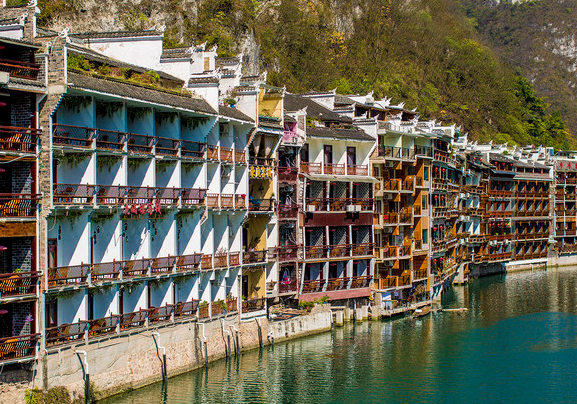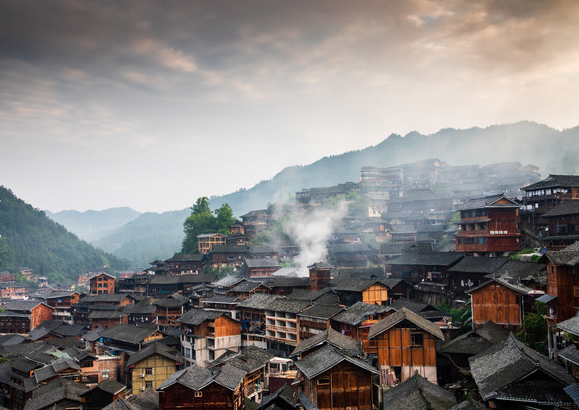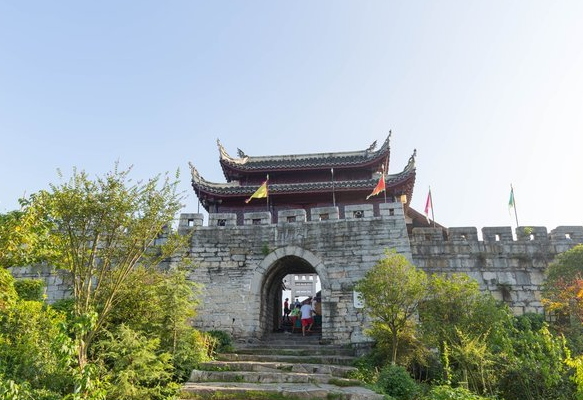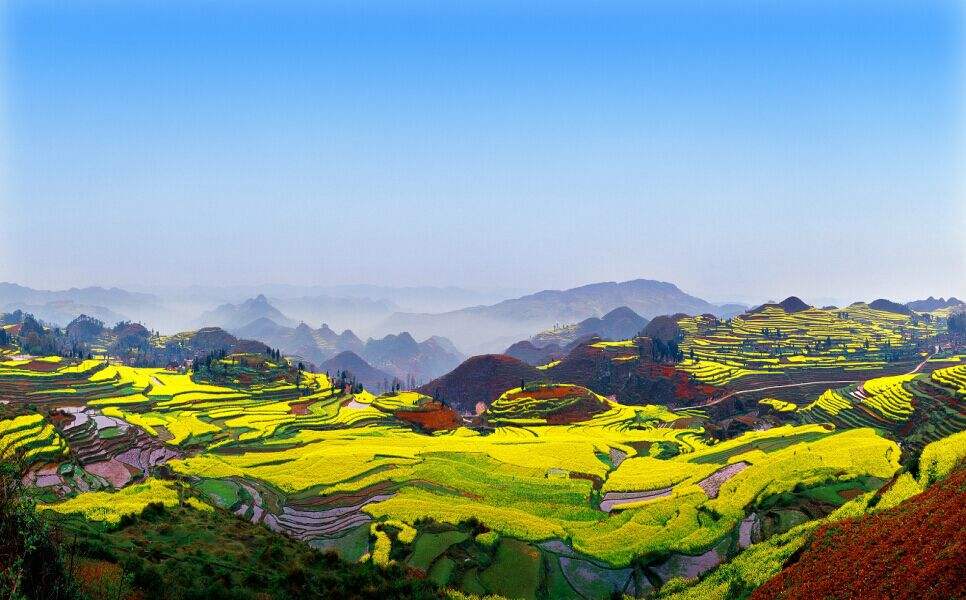24 Hours Hotline: +8613735411378
Email:[email protected]
24 Hours Hotline: +8613735411378
Email:[email protected]

Overview
Guizhou is a province of the People's Republic of China located in the southwestern part of the country. Its capital city is Guiyang. Guizhou is a relatively poor and economically undeveloped province, but rich in natural, cultural and environmental resources. Demographically it is one of China's most diverse provinces. Minority groups such as the Miao / Hmong and Yao account for more than 37% of the population.
History
From around 1046 BCE to the emergence of the Qin Dynasty, northwest Guizhou was part of the State of Shu. During the Warring States period, the Chinese state of Chu conquered the area, and control later passed to the Dian Kingdom. During the Chinese Han Dynasty (206 BCE–220 CE), to which the Dian was tributary, Guizhou was home to the Yelang collection of tribes, which largely governed themselves before the Han consolidated control in the southwest and established the Lingnan province.During the Three Kingdoms period, parts of Guizhou were governed by the Shu Han state based in Sichuan, followed by Cao Wei (220–265) and the Jin Dynasty (265–420).
During the 8th and 9th centuries in the Tang Dynasty, Chinese soldiers moved into Guizhou (Kweichow) and married native women. Their descendants are known as Laohànrén (???), in contrast to new Chinese who populated Guizhou at later times. They still speak an archaic dialect.Many immigrants to Guizhou were descended from these soldiers in garrisons who married these pre-Chinese women.

Kublai Khan and M?ngke Khan conquered the Chinese southwest in the process of defeating the Song during the Mongol invasion of China, and the newly established Yuan Dynasty (1279–1368) saw the importation of Chinese Muslim administrators and settlers from Bukhara in Central Asia.
It was during the following Ming Dynasty, which was once again led by Han Chinese, that Guizhou was formally made a province in 1413. The Ming established many garrisons in Guizhou from which to pacify the Yao and Miao minorities during the Miao Rebellions. Chinese-style agriculture flourished with the expertise of farmers from Sichuan, Hunan and its surrounding provinces into Guizhou. Wu Sangui was responsible for the ousting the Ming in Guizhou and Yunnan during the Manchu conquest of China. During the governorship-general of the Qing Dynasty's nobleman Ortai, the tusi system of indirect governance of the southwest was abolished, prompting rebellions from disenfranchised chieftains and the further centralization of government. After the Second Opium War, criminal triads set up shop in Guangxi and Guizhou to sell British opium. For a time, Taiping Rebels took control of Guizhou, but they were ultimately suppressed by the Qing. Concurrently, Han Chinese soldiers moved into the Taijiang region of Guizhou, married Miao women, and their children were brought up as Miao.
More unsuccessful Miao rebellions occurred during the Qing, in 1735, from 1795–1806 and from 1854–1873. After the overthrow of the Qing in 1911 and following Chinese Civil War, the Communists took refuge in Guizhou during the Long March (1934–1935). While the province was formally ruled by the Guomindang warlord Wang Jialie, the Zunyi Conference in Guizhou established Mao Zedong as the leader of the Communist Party. As the Second Sino-Japanese War pushed China's Nationalist Government to its southwest base of Chongqing, transportation infrastructure improved as Guizhou was linked with the Burma Road.[12] After the end of the War, a 1949 Revolution swept Mao into power, who promoted the relocation of heavy industry into inland provinces such as Guizhou, to better protect them from Soviet and American attacks. After the Chinese economic reform began in 1978, geographical factors led Guizhou to become the poorest province in China, with a GDP growth average of 9 percent from 1978–1993.

Geography
Guizhou is a mountainous province, although its higher altitudes are in the west and centre. It lies at the eastern end of the Yungui Plateau.
Guizhou has a subtropical humid climate. There are few seasonal changes. Its annual average temperature is roughly 10 to 20 °C, with January temperatures ranging from 1 to 10 °C and July temperatures ranging from 17 to 28 °C.

Like in China's other southwest provinces, rural areas of Guizhou suffered severe drought during spring 2010. One of China's poorest provinces, Guizhou is experiencing serious environmental problems, such as desertification and persistent water shortages. On 3–5 April 2010, China's Premier Wen Jiabao went on a three-day inspection tour in the southwest drought-affected province of Guizhou, where he met villagers and called on agricultural scientists to develop drought-resistant technologies for the area.
Prev: Guizhou Transportation
Next: No next link
Wechat: Chinaprivatetour
24 Hours Hotline:
+8613735411378
1 to 1 tailor-made service from our professional travel advisors for the most sophisticated
Constantly excellent reviews for attraction, hotel and service Competitive price
Local experts provide quality tours Best selected knowledgeable local guides Authentic local restaurants
7*24 hours available to create you a worry-free tour. No Hidden Fees and absolutely no pressure to buy. Secured







